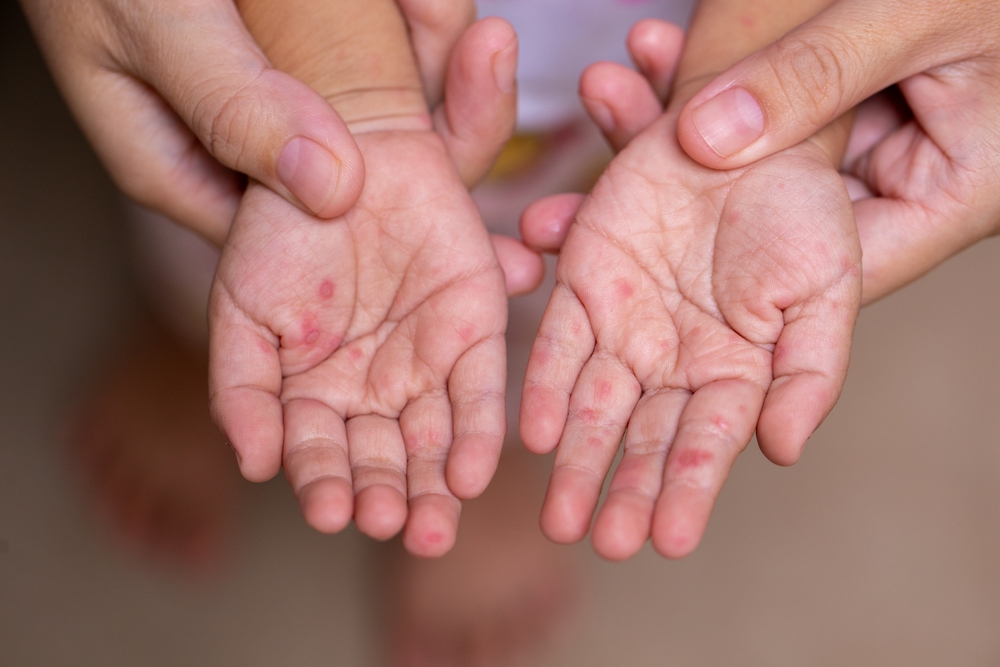Misinformation clouds confidence among parents regarding measles vaccine

By Dennis Archambault
In the face of conflicting messages regarding the value and safety of vaccines, parents appear to be struggling to sort through the misinformation pervading social media and traditional news media. The good news is that pediatricians and pediatric providers remain a trusted source for encouraging parents to vaccinate their children. However, vaccine hesitancy remains a stubborn minority concern – enough to cloud social media with doubt.
According to a recent Kaiser Family Foundation (KFF) study, more Americans are encountering false claims about the measles vaccine and many aren’t sure what to believe. KFF notes that most parents report learning about at least one false claim regarding measles or the vaccine for it, and many of them aren’t sure what to believe. Health and Human Services Secretary Robert F. Kennedy Jr. has complicated the matter by questioning the value and safety of vaccines himself.

The three most common false claims, tested by the study, are:
- Measles, mumps, rubella vaccines have been proven to cause autism in children.
- Getting the measles vaccine is more dangerous than becoming infected with measles.
- Vitamin A can prevent measles infections.
While fewer than five percent of the respondents believe the claims are “definitely true,” fewer than half say they are “definitely false.” That suggests that half of the respondents don’t know what to believe.
And that’s where the most trusted people in the care of children need to intervene. Pediatrics caregivers can be effective advocates – and many are. More than half of pediatricians spend up to 20 minutes counseling parents about vaccines, according to the American Academy of Pediatrics. But more need to engage the parents of their patients.
The reason why is fundamental: trust. When the provider maintains a relationship of trust, difficult conversations have a greater chance to result in acceptance. Recent studies, post COVID, continue showing that a majority of parents trust their pediatric caregivers and scientific community for providing safe and effective vaccines. But a minority of parents – around 20 percent – distrust the system. That distrust makes its way into social media and through elected and appointed officials who influence public perception.
The Centers for Disease Control created a “Vaccinate with Confidence” program to help providers address this problem.
General strategies for improving vaccine confidence at the primary care level include:
- Openly discuss parental concerns in a respectful and empathetic manner.
- Prove clear, understandable, evidence-based information about the safety and effectiveness of vaccines, taking into account health literacy and cultural concerns.
- Establish a collaborative relationship with parents to build trust.
- Provide a “presumptive recommendation” – informed parents that shots were due, rather than a “participatory recommendation” – asking what the parent thinks about shots, will more likely to see parents accept vaccines, according to the American Academy of Pediatrics.

Dennis Archambault is Vice President of Public Affairs for Authority Health.
Tags: measles, misinformation, vaccines